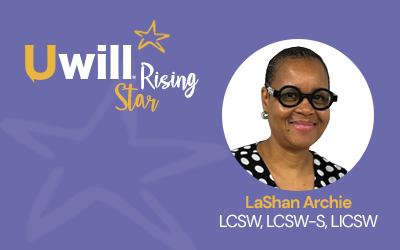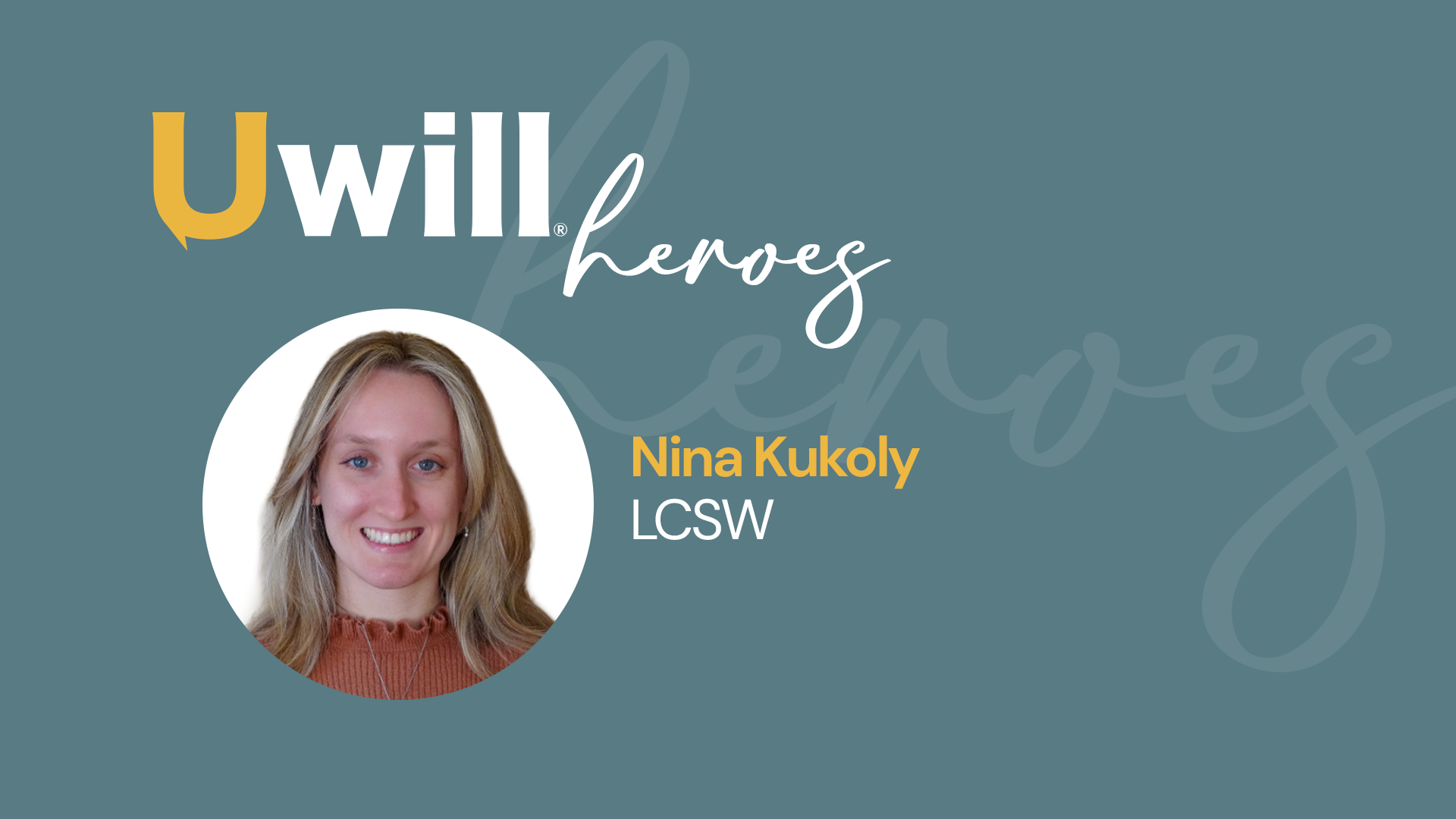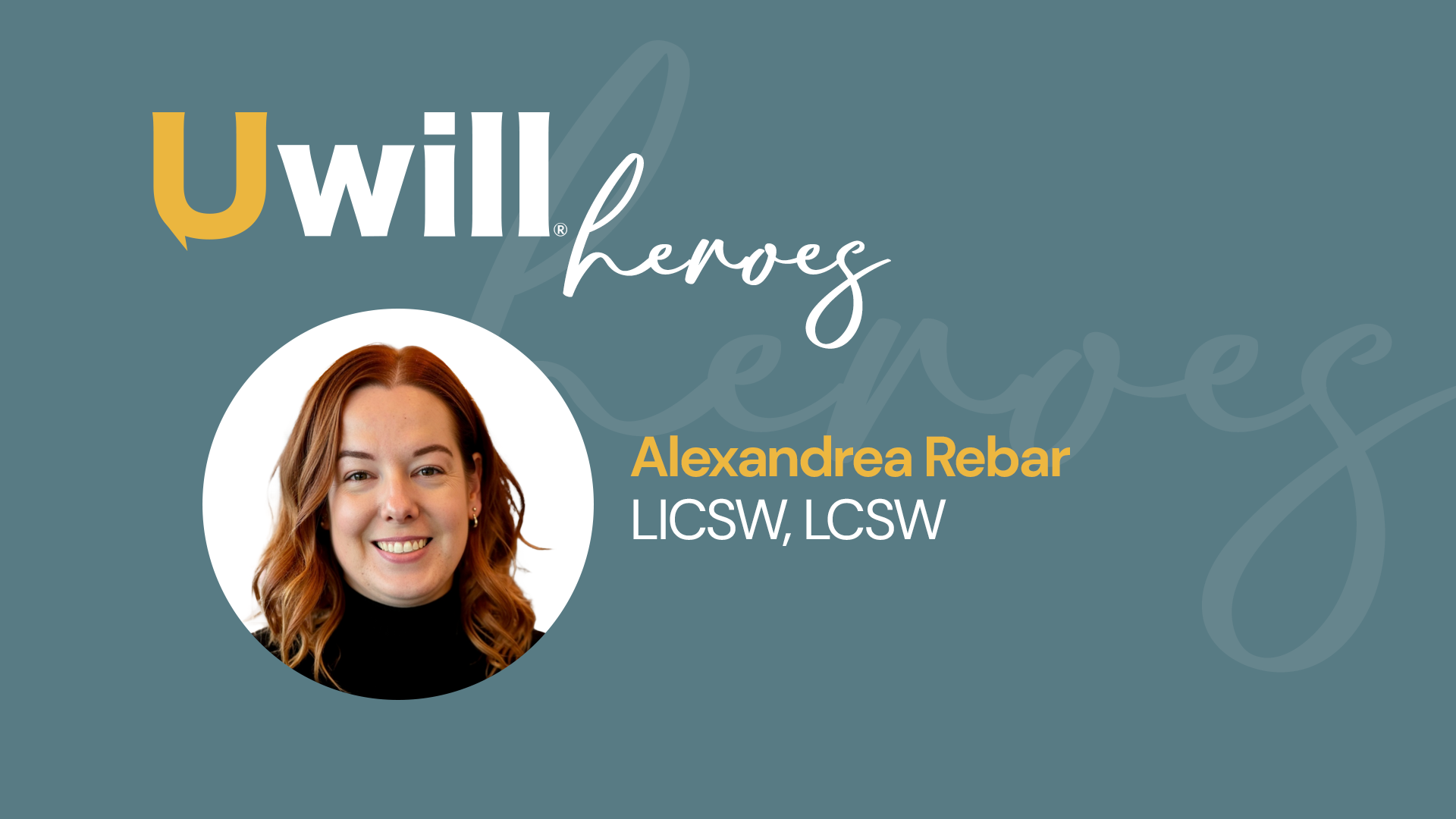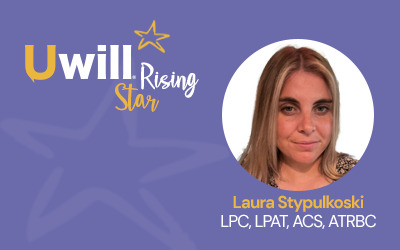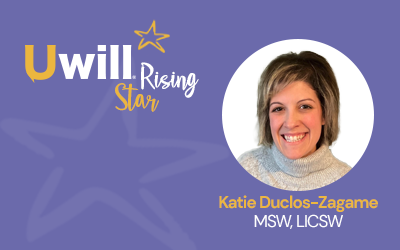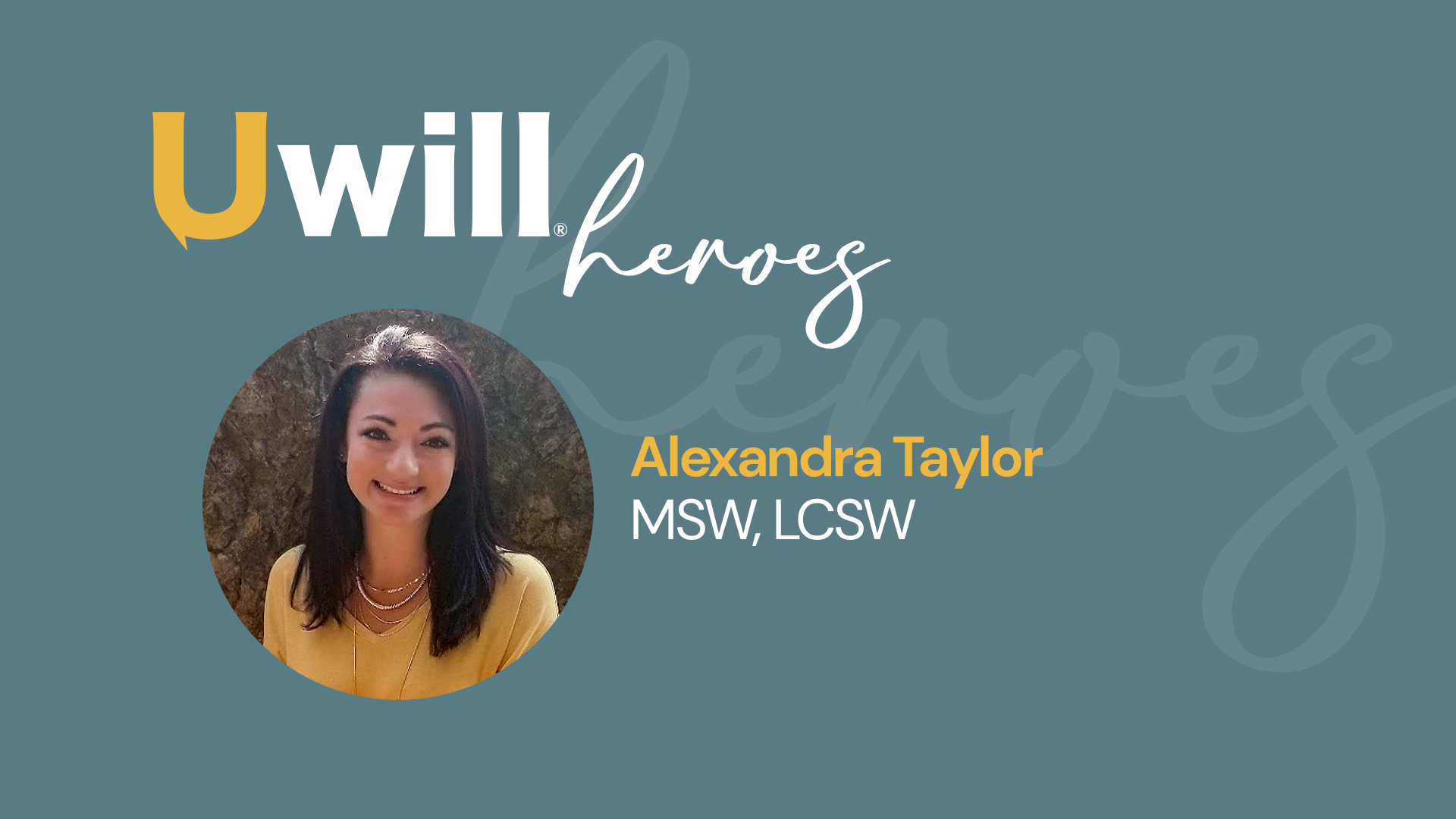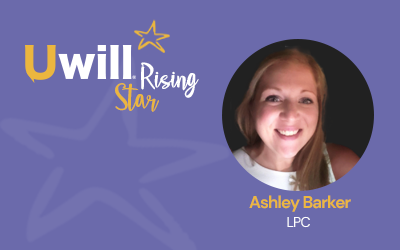5 Easy Tips for Beating Procrastination
Whether in an academic, professional or private setting, procrastination is a common feeling that can lead to decreased productivity, increased stress, and poor decision making. Avoiding tasks like writing a paper, preparing for a presentation, or something as trivial as taking out the garbage may seem harmless in the moment but over time procrastination can begin to affect our mental health.
In this post, Stephanie Black Dos Santos, LICSW and Uwill’s Manager, Clinical Affairs, lays out five easy tips and tricks to help avoid procrastination.
1. Manage Your Emotions
Managing your emotions when dealing with procrastination can be challenging, but it’s an important skill to develop. Acknowledge any feelings of frustration, regret, or disappointment that come up, but try not to be too hard on yourself. It’s natural to fall behind occasionally, and being overly self-critical can actually increase your stress and make it harder to focus on getting back on track.
Instead, set realistic expectations for yourself and practice self-compassion. Remember that setbacks are a normal part of life and that everyone experiences them. To help manage your stress, try grounding exercises like taking deep breaths: inhale for a count of 5, hold for 7, and exhale for 8. This can help center your thoughts and remind you that you’re not alone in facing these challenges.
2. Break Things Down
Procrastination often comes from feeling overwhelmed by the size and number and of your tasks. Not knowing where to start can make everything seem even more daunting. To tackle this, break your tasks into smaller, more manageable parts. Focus on completing one small section at a time.
For instance, if you have a research paper due, start by outlining your thesis and main points, and then work on one section at a time. Similarly, with a project for work, break it down into various components and organize them into actionable steps. This approach not only makes tasks feel less overwhelming but also provides a sense of accomplishment as you check off each completed part. If you need assistance with breaking tasks into smaller more manageable pieces you can use an apps like goblin.tools which can help you break large projects down into smaller steps as well as estimate how much time a task will take to complete.

![]()
It’s natural to fall behind occasionally, and being overly self-critical can actually increase your stress and make it harder to focus on getting back on track.
Stephanie Black Dos Santos, LICSW
3. Practice Time-Management
The Pomodoro Technique is a simple and well researched time-management tool that can help you maintain focus and productivity. A pomodoro is a 25 minute period of work or deep focus followed by a 5 minute break. After completing four “Pomodoros,” you can take a longer break of 15-30 minutes.
This method helps you concentrate deeply for short periods, reducing the temptation to procrastinate and making work feel more structured and manageable. To get started, set a timer or alarm for 25 minutes, turn your device to “Airplane mode” or “Do Not Disturb” and close or minimize all unnecessary and distracting windows or apps to decrease any distractions. You might be surprised at how much you can get done in 25 minutes of undisturbed work!
4. Reframe the Situation
When you fall behind, it’s easy to see it as a personal failure. Instead of blaming yourself with thoughts like, “I’m so irresponsible and never get things done on time,” try to understand the situation more deeply. Ask yourself questions like: “Why did this happen? Was my workload too heavy? Did I underestimate the time needed? Was there something specific that caused the delay?”
Rather than focusing on the delay itself, think about what you can learn from the experience. Consider how you might adjust your strategies or expectations to prevent similar issues in the future. For example, you might realize that breaking the project into smaller tasks or setting earlier deadlines could help. Adopting this perspective fosters a growth mindset and helps reduce feelings of defeat.
5. Be Intentional – Be intentional about scheduling your time to catch up on tasks. If you find that you’re most productive early in the day, plan your deep focus sessions for that time. Conversely, if you’re more energized in the evenings, it’s ok to schedule your tasks for later in the day.
Building a consistent routine and designating a specific area for studying or working can significantly boost your focus. Choose a quiet, organized space that’s free from distractions and use it solely for work. Treat your work sessions like non-negotiable appointments in your daily schedule. This routine helps reinforce productive habits and signals to your brain that it’s time to focus, making procrastination less likely. Aligning your tasks with your natural energy levels can also be beneficial. Establish a routine that complements your natural rhythms and energy cycles.
 How Uwill Can Help
How Uwill Can Help
Speaking with a licensed counselor through Uwill can help identify the roots of procrastination and provide helpful tips and tricks. With Uwill, therapy seekers can match with a licensed counselor that fits their needs and preferences, including scheduling availability on nights and weekends.
In addition, Uwill also offers Urise, which provides on-demand wellness programming that includes guidance from certified instructors in areas such yoga, meditation, nutrition, sleep assistance, and more. Urise can be accessed day or night and all instructors are trauma-sensitive.
If you are looking for help:
If you are looking to bring Uwill to your organization:
Share this:
![]()
Uwill is a Teletherapy Educational Partner of NASPA
![]()
Uwill is the Exclusive Teletherapy Education Partner of the Online Learning Consortium
Resources

Copyright © 2024 Uwill | 1075 Worcester St, Natick, MA 01760 | 833-99-Uwill

